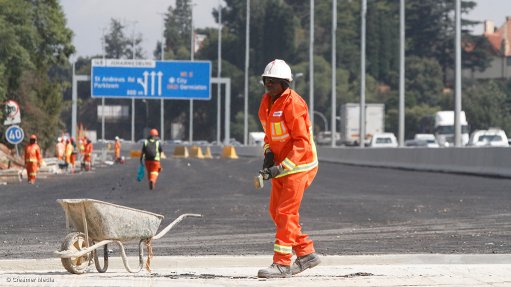
The skills pipeline in the built environment is a key enabler for transformation in the industry, with a holistic approach to tackling transformative ambitions key to breaking the barriers of the demographically skewed industry.
This was one of the key messages emerging from the Council for the Built Environment (CBE) Transformation Indaba, held in Pretoria, on Tuesday.
“We have to break down the barriers. We need to start thinking from the cradle to the grave of the built environment,” said South African Council for the Architectural Profession registrar and CEO Marella O'Reilly, emphasising the need to look at the holistic representation of the built environment.
For the most part, the built environment remained, arguably, one of the most untransformed sectors in South Africa, and the decline in the quality of primary, secondary and tertiary education is impacting on the quality of skilled built environment entry-level professionals.
The so-called “brain drain” also left the industry short and, increasingly, there were fewer candidate and professional registrations, all of which left a skills gap in a high-demand sector that concerned the CBE.
“Transformation is necessary for the survival and sustainability of the built environment profession; [however,] we cannot look at transformation as [just] a changing of demographics,” O'Reilly pointed out, adding that the CBE’s skills pipeline strategy was holistic focusing on the promotion of skills development to mitigate the skills shortage.
At basic school level right up to workplace training level, careful, holistic consideration should be given to specific guided interventions, aligned programmes, partnerships and career awareness by built environment professionals, besides others, she commented.
While it is important to promote the registration of professionals and retain registered professionals within the industry, the focus should be on school systems with a “backward-looking” programme making an impact on basic education.
There should also be continuous mentoring and assistance to students entering tertiary institutions, along with in-service workplace training under a formal training contract as the final step towards qualification as a professional.
O'Reilly further emphasised the need to apply various interventions for learners who drop out of the system, enabling completion of any part qualification they have; ensure maximum intake of students and enable the full-time completion of current programmes.